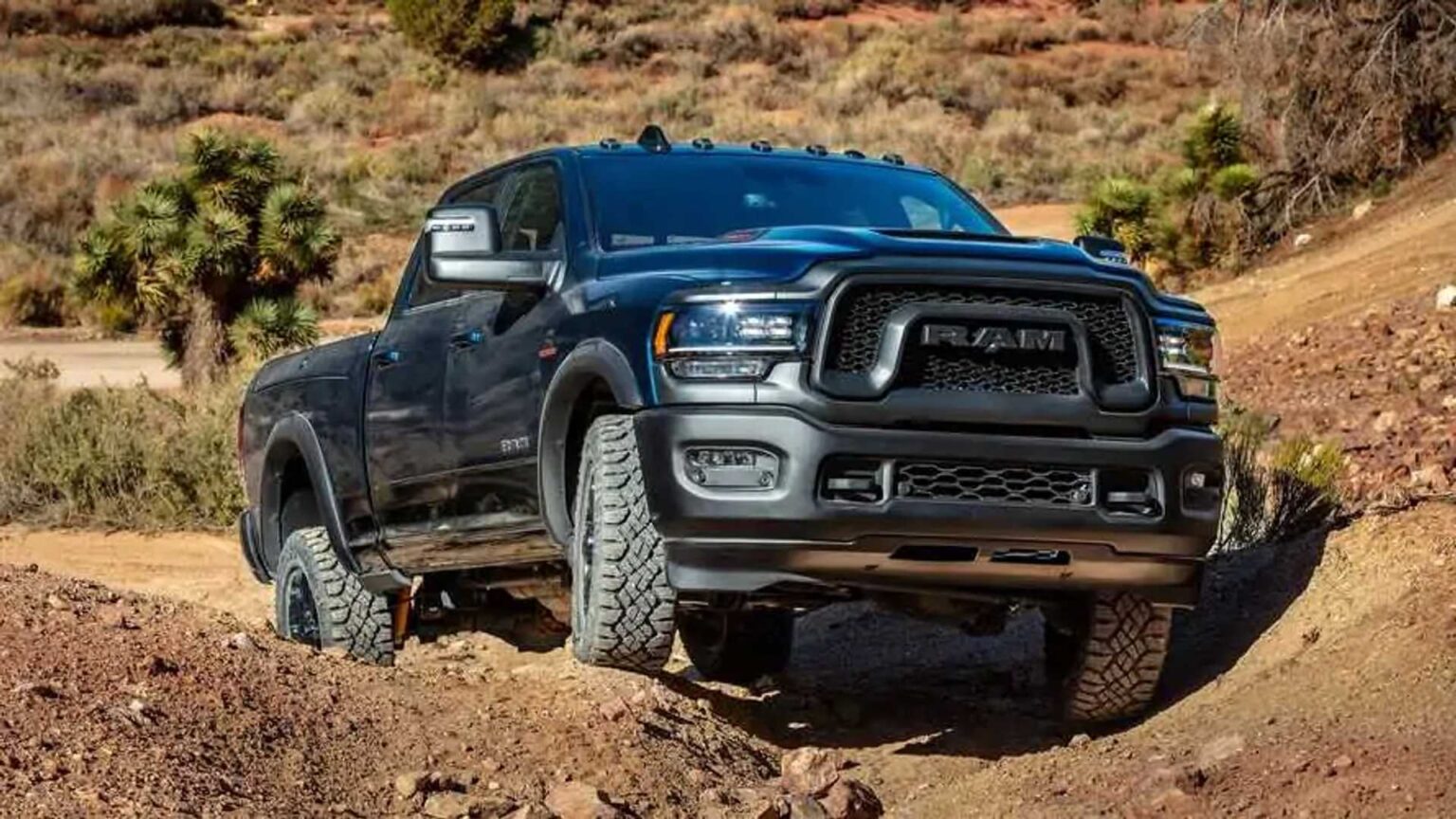Americans love big trucks. It’s been that way for decades, and frankly, there’s nothing suggesting that will end anytime soon. However, the absolute dominance of full-size trucks in US driveways could be on the decline. That’s the biggest takeaway from Dave Cantin Group’s 2025 Market Outlook Report, which suggests the US market has reached “Peak Truck.”
“What we’re seeing is consumer sediment beginning to change,” said Brian Gordon, chief business and strategy officer at the Dave Cantin Group, in a recent Autoline Network video. “So, this isn’t Americans walking away from all their trucks and SUVs and falling back in love with the sedan. This is a trend that is really spurred by affordability and the challenges Americans are having with car payments.”
The crux of this conclusion comes from surveys the company conducted with both consumers and dealerships. The results showed fewer people intended to buy full-size trucks and SUVs. At the same time, intent to buy smaller, less-expensive vehicles was higher. Sedans in particular ranked well on the survey.
Of course, there’s way more to all this than just a survey. Perusing sales data for America’s top-selling pickup trucks, we see the Ford F-Series is up a whopping 24.5 percent so far in 2025. GMC Sierra sales are also up by 14.5 percent, while Chevrolet Silverado sales are almost steady, with a 1.2-percent drop. The only full-size American truck to show a hefty decline is the Ram, down 11.8 percent through the first three months of the year. That could be attributed to the slow rollout of the updated 2025 model and its lack of a V-8 option.
Taking an even deeper look into the past, 2024 was Ford’s best year for the F-Series since before the COVID pandemic, and one of its best sales years in two decades. Last year was also strong for Chevrolet and GMC. Only Ram took a big hit, but it appears to be an outlier among its Detroit-based competitors. If Americans are losing interest in full-size trucks, the sales data sure doesn’t show it.
Or does it?
Moving beyond full-size trucks, there’s a revolution happening in the mid-size truck segment. Chevrolet Colorado sales are up 73.3 percent so far this year. The GMC Canyon is up 65.9 percent. The Ford Ranger is up an astounding 677 percent, though it’s worth noting that Ford had some issues early last year that dampened Q1 2024 Ranger sales. Stepping outside Detroit, the Toyota Tacoma is up 177 percent.
As for sedans, sales are indeed up for most of the brands that still offer them. The Hyundai Elantra is up 25 percent, and the larger Sonata is up 20 percent. The Toyota Prius is up 25 percent, though the Camry—America’s best-selling sedan—is down 10.8 percent. Even Nissan, which is fighting for its life, saw sedan sales explode in the best possible way. The Sentra is up 36.1 percent and the Altima jumped 25.3 percent.
Photo by: Christopher Smith / Motor1
Clearly, more time is needed to see if the Dave Cantin Group’s claim of “Peak Truck” comes to pass. And with tariffs throwing all kinds of instability into the market, 2025 could be a rough year to predict anything. Still, the survey results are interesting. And sales data certainly shows buyers flocking to smaller trucks and sedans.
“Peak Truck is a really, really important concept to watch because we’re not sure how far that trend goes,” said Gordon. “But what we believe is, the longer the conditions on the ground stay the same or get worse from an economic perspective or an uncertainty perspective, consumers are going to continue to be more pragmatic in the choices they make in terms of the vehicles that they’re out there looking to purchase.”
Read the full article here



